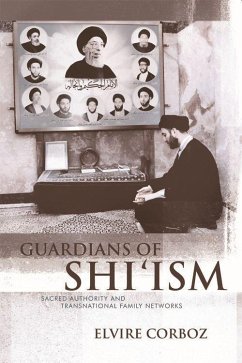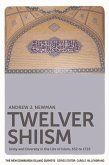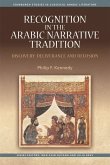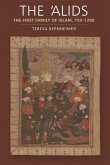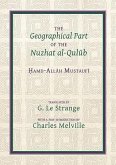'Using extensive resources, meticulous research and a sophisticated conceptual framework, Elvire Corboz has given us an innovative study of transnational Shi'ism. She offers a fascinating portrait of the ways in which the Shi'i clergy uses institutional and philanthropic networks to construct and maintain its authority across national borders. The rich, nuanced and ecumenical portrait of the Shi'i marja'iyya provides an important palliative to the sectarian lens that is all too often used to interpret Shi'ism in a narrow political and stereotypical manner.' Eric Davis, Department of Political Science, Rutgers University A study of Shi'i Islam explaining the transnational constitution of clerical authority For centuries, the Shi'i religious establishment has represented the most quintessential type of transnational actor. But how have they established and maintained their authority across borders? This book explores the potential of transnational linkages in shaping clerical leadership patterns in contemporary Shi'ism. Through the lens of two families of religious scholars, it compares the multifaceted roles played by clerics with narratives about the traditional system of religious authority, political organisations, and international charities. Mapping clerical networks and their encounters with communities and states across the Middle East, South Asia, South-East Asia, and the West, this multi-sited approach clarifies the local and transnational dynamics that underpin clerical authority. Key Features . Enhances our understanding of Muslim authority through a sociological analysis of the networking, philanthropic and political practices of Shi'i clerical actors across borders . Includes case studies of two prominent families of religious scholars (al-Hakim and al-Khu'i) to show the continued relevance of Shi'i clerics to Muslim politics and society . Deconstructs homogenising views of transnational Shi'ism by comprehending and localising cross-border religious networks in and beyond the Middle East Elvire Corboz earned a DPhil from Wadham College, University of Oxford and has held positions at Princeton University and Rutgers University. She is Assistant Professor of Arab and Islamic Studies in the Department of the Study of Religion, Aarhus University.
Hinweis: Dieser Artikel kann nur an eine deutsche Lieferadresse ausgeliefert werden.
Hinweis: Dieser Artikel kann nur an eine deutsche Lieferadresse ausgeliefert werden.

